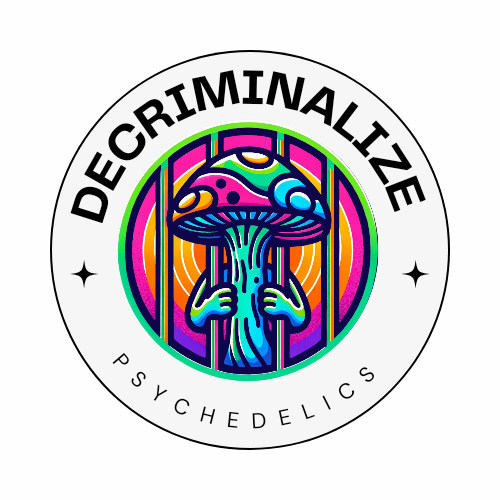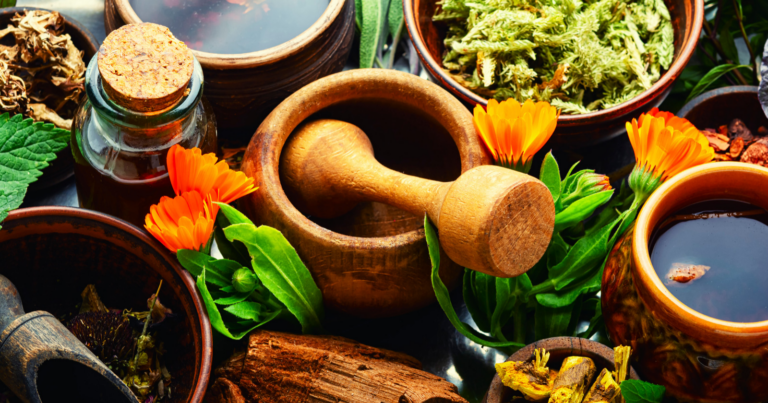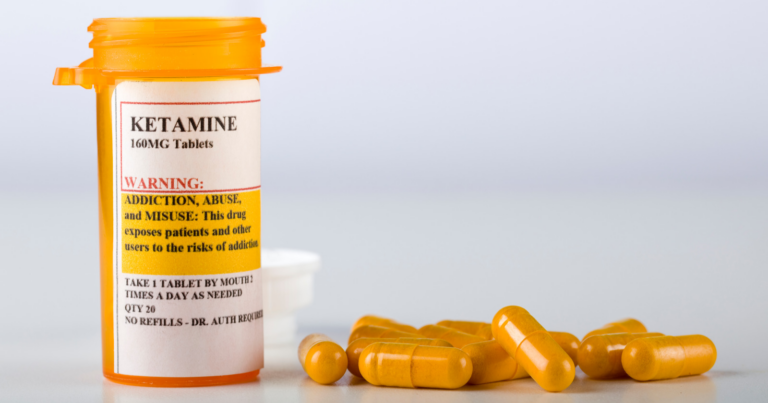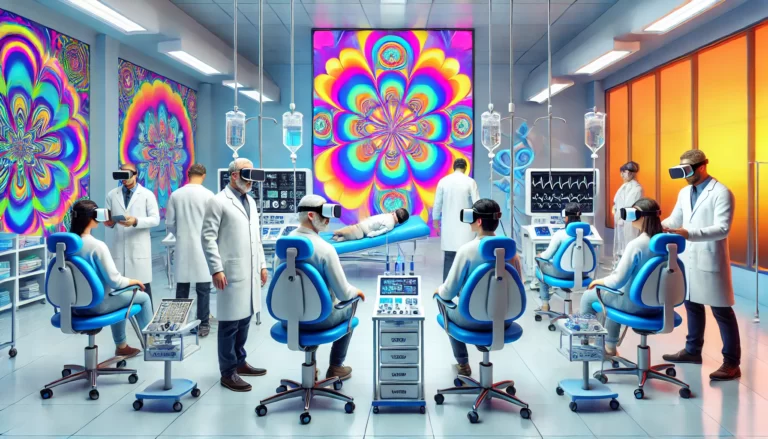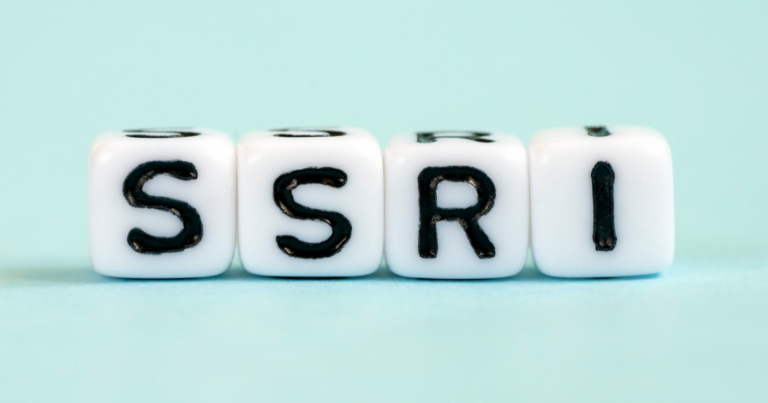Welcome to Oregon, where the air is crisp, the scenery is breathtaking, and the laws on psychedelic mushrooms are changing the game.
In November 2020, Oregon made history by passing two groundbreaking ballot measures: Measure 109 and Measure 110.
The Oregon mushroom growing license rules mark the state as a leader in making bold steps towards psychedelic reform.
Measures 109 and 110, opening doors to therapeutic psilocybin use and decriminalizing personal drug possession. But what do these measures mean for mushroom enthusiasts and entrepreneurs?
Let’s delve into Oregon’s mushroom growing license rules and unravel the intricacies of Measures 109 and 110.
Understanding the Oregon Mushroom Growing License Rules
So what are Oregon’s mushroom growing license rules?
Measure 109, passed in 2020, legalized the therapeutic use of psilocybin, the active ingredient in psychedelic mushrooms, under professional guidance.
This landmark measure allows for licensed facilitators to administer psilocybin therapy sessions in controlled settings, offering hope for individuals grappling with treatment-resistant mental health conditions.
Obtaining a Psilocybin Service Center License
To participate in Oregon’s psilocybin therapy program, individuals and organizations must obtain a Psilocybin Service Center License from the Oregon Health Authority (OHA).
This license grants permission to establish and operate facilities where psilocybin therapy sessions can take place.
The licensing process involves rigorous scrutiny to ensure compliance with safety, security, and ethical standards.
Requirements for Psilocybin Therapy Facilitators
Psilocybin therapy facilitators play a pivotal role in guiding participants through the therapeutic journey.
To become licensed, facilitators must undergo specialized training and demonstrate proficiency in providing psychedelic-assisted therapy.
This training covers a range of topics, including psychedelic pharmacology, therapeutic techniques, and risk management protocols.
Compliance with Regulatory Standards
Psilocybin therapy centers must adhere to strict regulatory standards set forth by the Oregon Health Authority.
This includes maintaining comprehensive records of client interactions, ensuring the safety and cleanliness of facilities, and implementing protocols for adverse event management.
By upholding these standards, psilocybin therapy centers can ensure the safety and well-being of participants.
The Implications of Measure 110: Drug Decriminalization
In addition to Measure 109, Oregon voters passed Measure 110 in 2020, marking a significant shift in drug policy.
This measure decriminalized the possession of small amounts of all drugs, including psychedelics, redirecting resources away from incarceration and towards addiction treatment and harm reduction initiatives.
This approach aims to address the underlying issues of substance abuse and addiction with compassion and support rather than punishment.
Impact on Mushroom Cultivation
While Measure 109 focuses primarily on the therapeutic use of psilocybin, it does not explicitly address the cultivation of psychedelic mushrooms for personal use.
However, Oregon mushroom growing license rules under Measure 110 has implications for mushroom cultivation.
Individuals cultivating mushrooms for personal consumption may do so without fear of criminal prosecution, provided they adhere to possession limits and do not engage in distribution or sale.
The Role of Mushroom Growing Licenses
Despite the decriminalization of personal possession, commercial mushroom cultivation still falls under regulatory oversight.
Individuals or businesses seeking to cultivate mushrooms for sale or distribution must obtain the necessary licenses and permits from state authorities.
These licenses may include requirements for facility inspections, compliance with sanitation standards, and adherence to zoning regulations.
Ensuring Safe and Responsible Cultivation Practices
Whether cultivating mushrooms for personal use or commercial purposes, it’s essential to prioritize safety and responsibility.
This includes using sterile cultivation techniques to prevent contamination, sourcing high-quality mushroom spores or cultures from reputable suppliers, and adhering to dosage guidelines to minimize the risk of adverse effects.
By cultivating mushrooms responsibly, people can enjoy their therapeutic benefits while minimizing potential risks.
